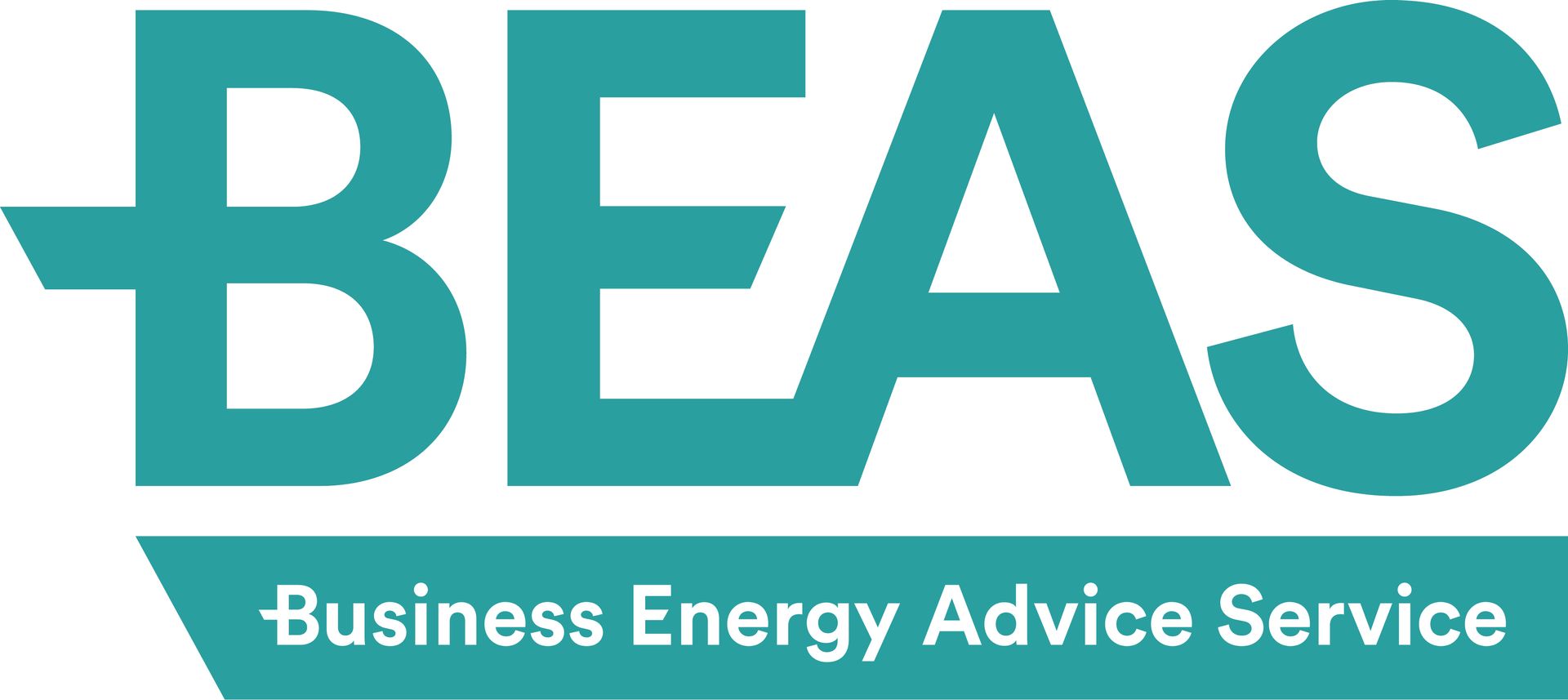Top five ways to tackle the care industry’s mental health and wellbeing crisis
The Health and Safety Executive (HSE) recently released their annual health and safety at work statistics, showing that 0.9 million workers suffered from work-related stress, depression and anxiety in 2022/23.
Care as an industry has certainly seen the impact of poor employee wellbeing on things like productivity and attendance. Higher demand and more pressure in the health and care system is continuing to affect the health and wellbeing of staff. The Care Quality Commission’s (CQC’s) latest State of Care report found that 2022/23 has seen continued high levels of sickness rates for staff, with a high proportion saying they felt sick as a result of work-related stress.
Without the right support in place, stress and burnout is affecting the quality of care being delivered. This includes staff making errors with medicines, people’s choices not being respected and people receiving worse care, or less care than they need.
So it really is important that you do what you can to improve employee mental health and wellbeing, and put measures in place to manage the risk that stress poses to the care you deliver.
Citation, HR & Employment Law and Health & Safety experts and WMCA partner member, have shared their top five ways for employers to address the care wellbeing crisis in this quick blog.
Citation’s top five tips for improving employee wellbeing
1. Stress risk assessments
You’re legally required to complete stress risk assessments. They’re vital for managing the risks of work-related stress. Your stress risk assessments should focus on six key areas: Demands, Control, Support, Relationships, Role, and Change. Citation has a full beginner’s guide to completing stress risk assessments that you can download for free here.
2. Communication and adjustments
Regularly reach out to staff to make sure you can help catch any wellbeing-related issues before they escalate. A healthy, supportive, open two-way conversation can allow you to both prevent problems and help put more effective support in place to return employees to work. Each case will be different, so don’t assume that one adjustment for one employee will be as effective for another. Some long-term mental health issues can count as a disability and need a more specific approach – read more about this in Citation’s free guide here.
3. Employee Assistance Programmes (EAP)
Sometimes you won’t have the answers, or an employee won’t feel comfortable opening up to you. That’s where independent, confidential third-party support like an EAP can really help. It gives employees 24/7 phone access to trained counsellors, which is a great perk for you to advertise and a proven support system for your employees to lean on whenever they need to.
4. ISO 45003
Improve recruitment and retention rates, stay in line with Health & Safety laws, and build a happier workforce with the world’s first management system Standard for mental health at work. It’s a proven system to help tackle the root causes of poor employee wellbeing in order to improve safety and boost productivity – which is vital for great care. ISOs can also help you stand out in tenders for local authority work.
5. Thorough recruitment practices
Sometimes, the cause of employee burnout, stress-related absences, and ultimately resignations can be as simple as the employee not realising the demands and expectations of the job. Making sure your recruitment process is thorough and covers things like “A day in the life” example can help make sure you’re not wasting money recruiting unsuitable applicants and ensure you can retain employees who have the necessary experience to handle the requirements of their role.
Reduce stress for less with Citation
85% of Citation’s clients say they have a happier, healthier, more productive workforce from working with Citation*. So why not join them and prepare your service for 2024 and beyond - for less? As a WMCA member, you get preferential rates on Citation’s services. So simply call 0345 844 1111 or click here to get in touch with them today and take advantage of a great deal.
*Citation client feedback survey of over 600 clients, August 2023
Your free Citation HR advice line is here when you’ve got an HR crisis and things aren't smooth sailing. Get in touch today at appointmentswithjonathan@citation.co.uk or call 0161 504 0843 between 9am-5pm Monday-Friday and quote West Midlands Care Association. Or book a slot in his diary here.
Your WMCA member benefit
If you’d like to chat about how Citation can help with the HR and Health & Safety side of your business, just give them a call on 0345 844 1111, or fill in their call-back form, and they'll get right back to you. Remember to quote West Midlands Care Association when enquiring to access preferential rates.





















